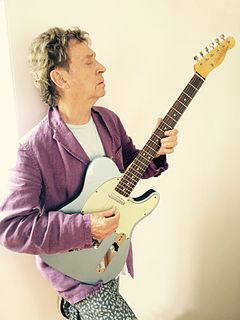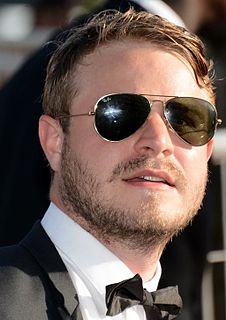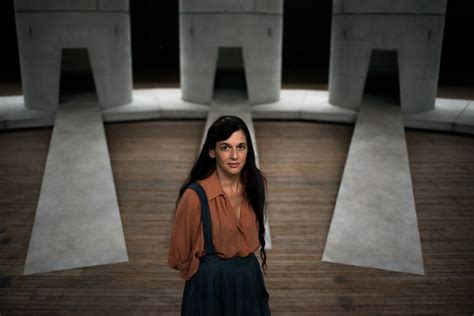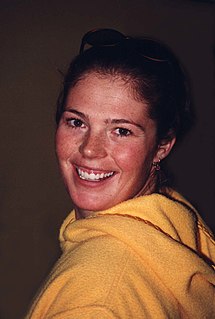A Quote by Andy Summers
The thing about photography is, some people surround themselves with extremely strong subject matter. And unless you're a moron, you're going to get a really strong photograph.
Related Quotes
Look at the things around you, the immediate world around you. If you are alive, it will mean something to you, and if you care enough about photography, and if you know how to use it, you will want to photograph that meaningness. If you let other people's vision get between the world and your own, you will achieve that extremely common and worthless thing, a pictorial photograph.
I think strong rhetoric and strong action are two separate things. Anyone can use tough words. Anyone can go over the top and say things that sound strong. But sounding strong is not enough. You have to know exactly how you're going to do it. And if you look at some of the policies he's talked about, they would not make America stronger.
Documentary photography is becoming more illustrative as people become more familiar with photography’s limitations and vulnerabilities. Reality has always been interpreted through layers of manipulation, abstraction, and intervention. But now, it is very much on the surface. I like this honesty about its dishonesty. Every photograph has many truths and none. Photographs are ambiguous, no matter how seemingly scientific they appear to be. They are always subject to an uncontrollable context. This is a tired statement, but worth repeating.
When I'm looking for a strong female character, or a strong character at all, I'm looking for a character that has a purpose in that story, that has an interior life of some sort. They don't have to be physically strong; they don't have to be morally strong or ethically strong, because men and women come in a huge variety of all of those things. Emotionally, ethically - I'm less concerned with that. I just don't want them to be props. That's the only thing that offends me.
I think you reveal yourself by what you choose to photograph, but I prefer photographs that tell more about the subject. There's nothing much interesting to tell about me; what's interesting is the person I'm photographing, and that's what I try to show. [...] I think each photographer has a point of view and a way of looking at the world... that has to do with your subject matter and how you choose to present it. What's interesting is letting people tell you about themselves in the picture.
Press information is serious information, but press information is also manipulated by people who want you to think that this and that happened. So it's the old thing that you still cannot trust photography at all or you have to know who is distributing the photograph. In terms of cell phone photography, I think nobody cares about a photograph anymore because they're taking so many pictures just for fun.
It's possible to think of photography as an act of editing, a matter of where you put your rectangle pull it out or take it away. Sometimes people ask me about films, cameras and development times in order to find out how to do landscape photography. The first thing I do in landscape photography is go out there and talk to the land - form a relationship, ask permission, it's not about going out there like some paparazzi with a Leica and snapping a few pictures, before running off to print them.




































